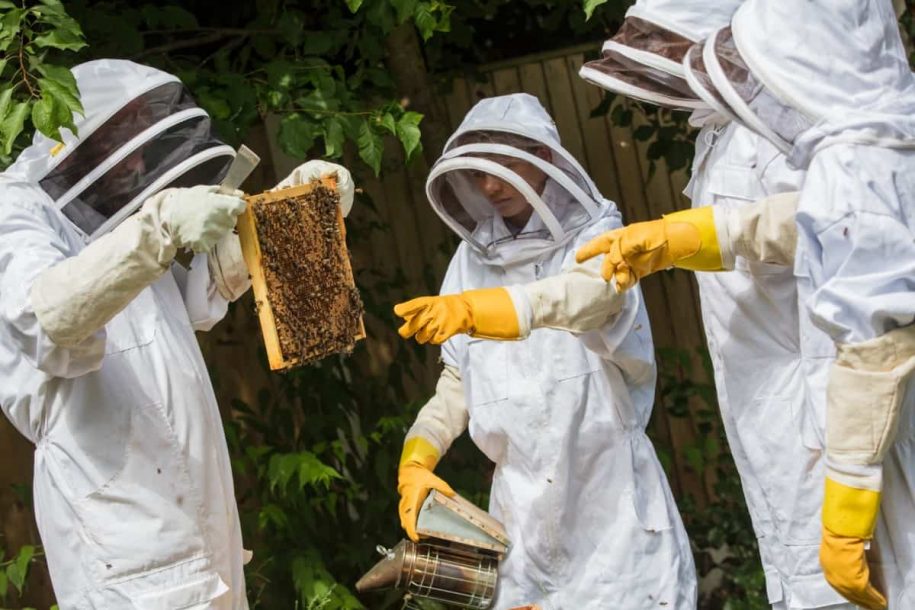The Goal of Education

At this time of year, I am meeting several parents whose sons have recently been successful in the Loughborough Grammar School Entrance Examinations. They are mulling over an extremely important decision concerning the seven years of secondary education ahead. Inevitably, these families want to understand what matters to the School, and I am often asked about my ‘vision’: what is the ultimate aim of an LGS education? Although my vision hasn’t changed in the four years I have been Headmaster, I have become more succinct in my choice of words in answer to this common question. Ultimately, my goal is to ensure that each boy can ‘flourish’.
Of course, this single word needs a little unpacking to explain precisely what is meant. There is nothing new about this concept. In his Nicomachean Ethics, Aristotle explores the question posed by Socrates and Plato before him about how we should live our lives. In common with these earlier philosophers, he uses the word ‘Eudaimonia’, perhaps best translated as ‘human flourishing’ to describe the highest human good – or what we might term the ‘purpose’ of life. It should be noted that there is no agreed definition of this term. Indeed, the efforts of Greek philosophers both before and after Aristotle were focused on how best to define it, and to determine how it might be achieved.
Readers of this blog might have expected me to write more prosaically about academic achievement, or personal development through co-curricular opportunities, but these are not really part of any vision, just ways in which LGS boys can provide evidence of how they have flourished. Human flourishing means different things to different people, and we have to therefore acknowledge that success and fulfilment do not look the same for all students. Importantly, we need to provide flexibility as one size seldom fits all. Nevertheless, we believe that boys will have flourished if they can, by the end of their time with us, say the following statements with confidence:
- I know who I am
- I like who I am
- I’m good at being me
Practically speaking, what does it mean to provide an environment in which young people can flourish? When I am presenting LGS, I often start by stating that it is an ‘academic school’. This is not the same as saying that examination results are the only thing that matter. They are certainly important for the simple reason that they open doors. However, to be able to walk through these doors with confidence, boys need more. Academically, this means rigorous, stimulating teaching that develops intellectual curiosity, encouraging boys to become independent thinkers. This is why we encourage them, at all ages, to join and lead clubs, to undertake independent projects and to enter competitions that take them out of their intellectual comfort zones.
In talking about what boys can derive from the academic beyond lessons, we are moving into the field of personal development. If boys can express the three statements above, pastorally we have imbued them with the confidence to become their true selves. I believe that boys will only flourish if they embrace the co-curricular, because activities, sport and the Arts provide such a flexible framework for personal development. The hugely varied opportunities and experiences available through the Thomas Burton Award enable each to find the individual path to develop as self-aware and socially responsible young leaders.
The final prerequisite for human flourishing is the acquisition of a moral compass. In my blog posts, I often return to the messages that we are promulgating through our assemblies and PSHE programmes. You have heard much this year about our GREAT men initiative, which seeks to develop boys’ understanding of their impact, positive or negative on others. We also think a great deal about diversity and social justice. The litmus test is whether a boy will choose to do the right thing when nobody is watching. Surely you are never prouder as a parent than when you hear about your son’s sensitive reaction to another’s insecurities or a thoughtful act carried out with no thought of personal gain? The moral compass enables good decision-making.
To me, flourishing is the sum of these three sections, which I could summarise as academic achievement, self-confidence and good judgement. However, there is a single common thread running through them that simplifies the task still further. If we can help boys to self-regulate in all aspects of their lives, success and happiness will ensue.
